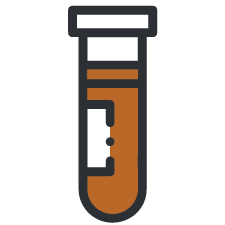Ativan, also known by its generic name lorazepam, is a medication that belongs to a class of drugs called benzodiazepines. It is commonly prescribed to treat anxiety disorders, insomnia, and seizures. However, like other benzodiazepines, Ativan has the potential for abuse and addiction.
According to the National Institute on Drug Abuse (NIDA), benzodiazepine misuse has increased in recent years, with nearly 30% of opioid overdose deaths also involving benzodiazepines.







